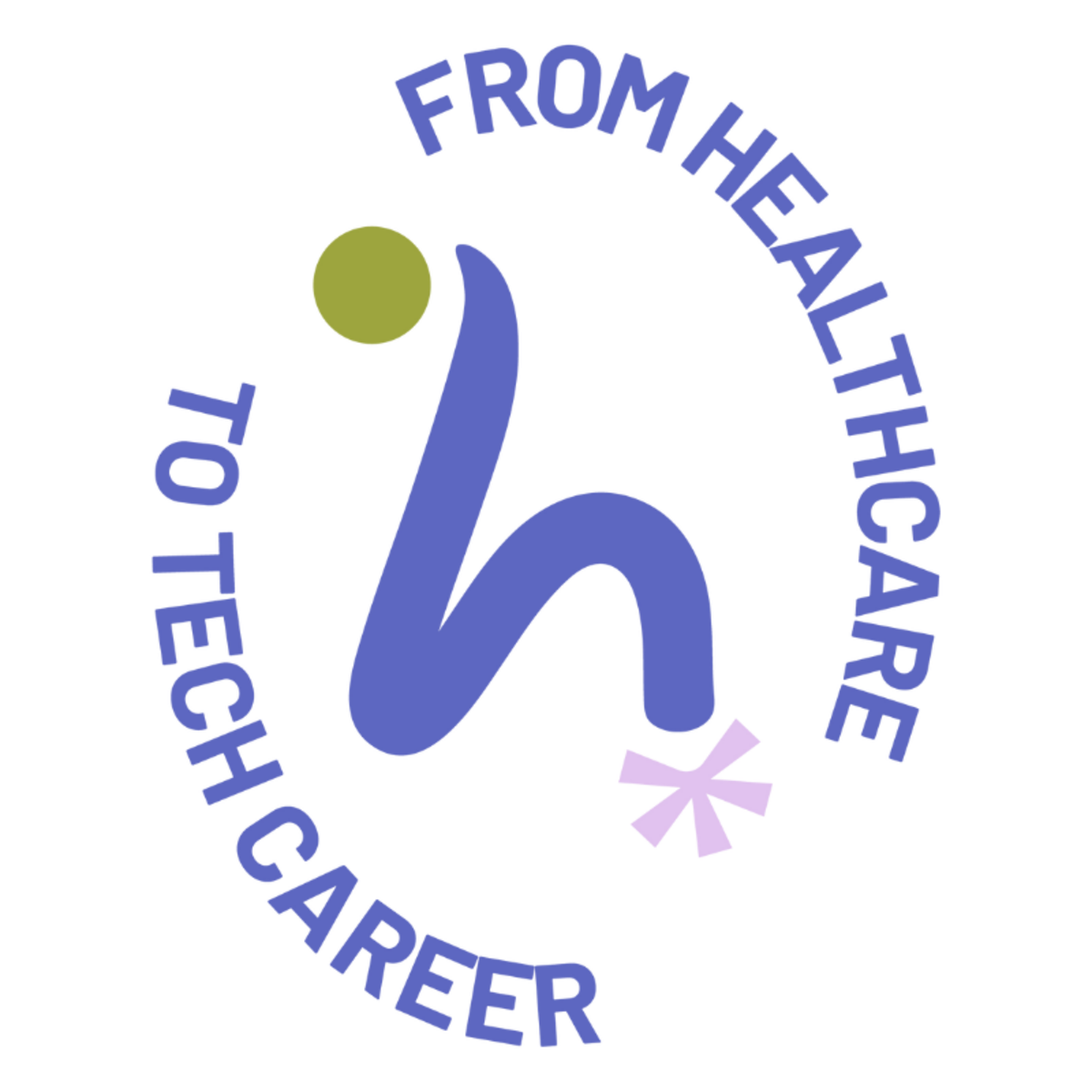Hey Health Techies!
You don’t have to have been a subscriber for long to know that I have unbelievable optimism when it comes to the possibilities that technology can open up for the healthcare industry. But I’d be lying if I said that recently things weren’t getting me down a bit when it comes to how things are going on the legislative front, and how it could dampen the massive impact that tech could have in the space.
Let’s be real—diversity, equity, and inclusion (DEI) in healthcare technology isn’t just some corporate checkbox. It’s about making sure the tools we build and the solutions we create actually work for everyone. Because if they don’t? Well, we’re just reinforcing the same health disparities we claim to be solving. So let’s talk about it.
Why DEI matters in health tech
Imagine you’re using a medical device—say, a pulse oximeter—to check a patient’s oxygen levels. Seems simple, right? Except studies have shown that many pulse oximeters overestimate oxygen levels in people with darker skin tones. That’s not just a tech flaw; it’s a real-life, potentially dangerous consequence of not having diverse representation in product development and testing.
If you aren’t familiar with this pulse ox scenario, I highly recommend that you go watch medical student Joel Bervell’s viral social posts about it (here’s one from 2022 on Instagram). Joel is an amazing follow for understanding all sorts of racial biases and other inequalities that exist in healthcare. And if you’re interested in learning more about this particular scenario, read the New England Journal of Medicine article that sparked his initial interest in 2020 titled Racial Bias in Pulse Oximetry Measurement.
This is why DEI in health tech isn’t a “nice to have.” It’s essential. If the people designing and testing new healthcare technologies all come from the same backgrounds, then we’re going to keep running into problems like this. And the problem extends far beyond racial differences.
Tech can be a part of the solution
The good news? Digital health tech has the power to break down barriers if we’re intentional about it. AI and data-driven healthcare tools can help close gaps in care, but only if they’re built with diverse data sets. Otherwise, we risk creating algorithms that work great for one group but leave others behind.
For example, when medical research only pulls data from a narrow group of patients, the results don’t reflect the real world. That’s why we need more inclusive research, better data collection, and policies that push for equitable processes.
The roadbloacks
Despite much progress over the years, DEI efforts in healthcare are hitting some snags. Policies that once encouraged diversity-focused research and inclusive practices are being scaled back in some areas—raising concerns about what that means for the future of health equity. If we stop pushing for inclusive solutions, we risk losing the progress we’ve made.
Somehow the narrative has become all about hiring practices and not all of the other work that is happening to ensure inclusion in a slew of other important areas.
What can we do?
For all of us in healthcare, here’s what we can continue to push for whenever we’re given the chance:
✅ Diverse hiring & leadership—Because a team that reflects the people they serve makes better decisions.
✅ Equitable tech design—Test products across diverse populations to catch biases before they hit the market.
✅ Better data & research—Make sure clinical studies and AI models include everyone, not just the majority.
At the end of the day, DEI isn’t just about hiring practices — it goes far beyond the interview panel. It’s about building better healthcare solutions that actually work for all patients. And that’s something worth fighting for.
You Deserve to Feel Better — Start Therapy Completely Free
BetterHelp is making therapy more accessible than ever this May. For a limited time, get your first week free and talk to a licensed therapist from the comfort of your home.
94% of users say they feel better after starting therapy on BetterHelp, and 93% are matched with someone who fits their needs. You can chat, call, or message your therapist whenever it works for you.
There’s no pressure, no commitment—just real support, on your terms.
📰 Weekly Wrap-up
Discover some of health tech’s most promising companies on the rise according to Fierce Healthcare’s Fierce 15 of 2025
📌 Job Board
Don’t miss these open roles 👀
Installation Project Manager - GE Precision Healthcare
Commercial Insights Program Manager - Abridge
Product Manager - Omada Health
and more!
Until next time,
Lauren

